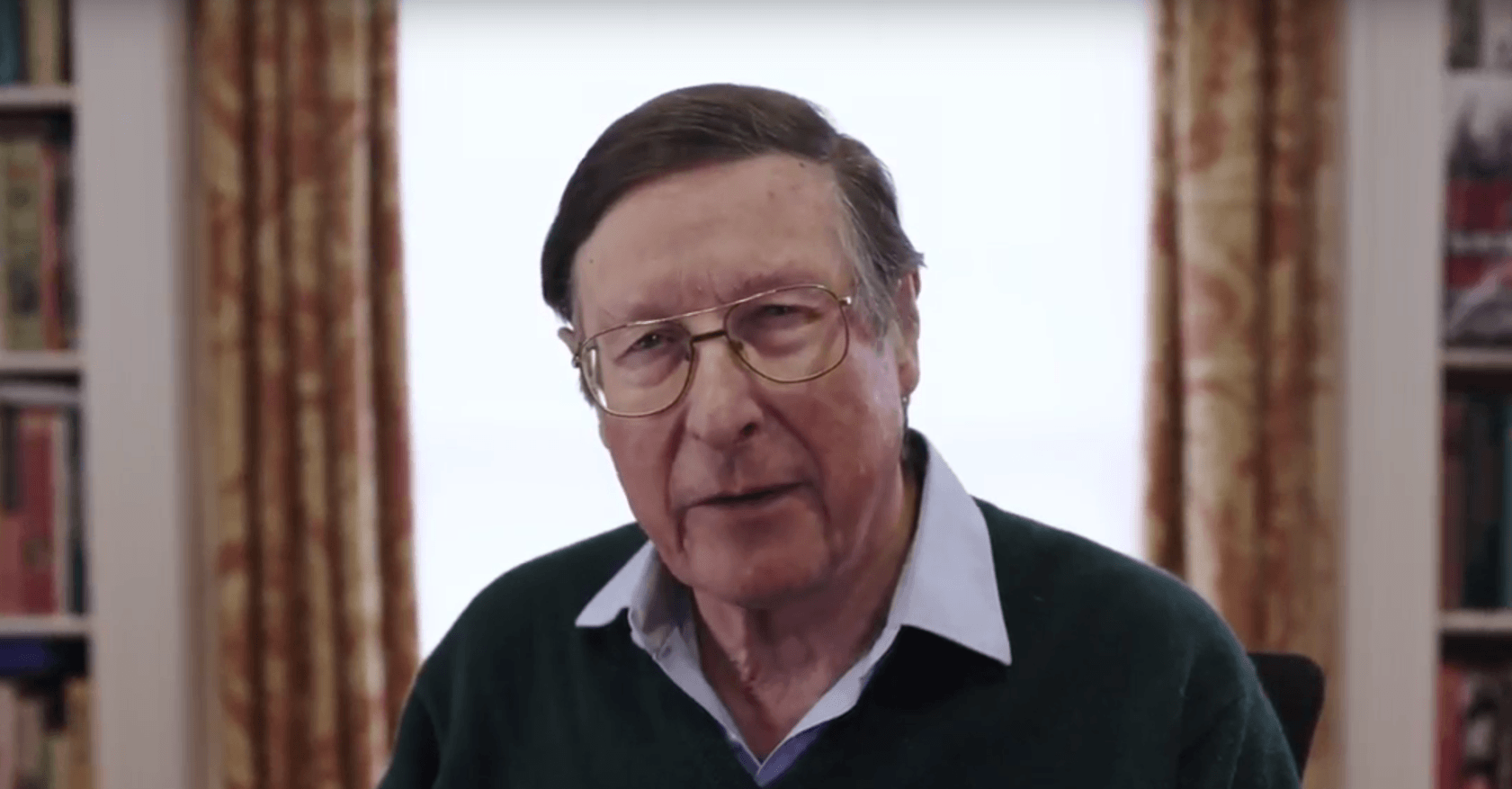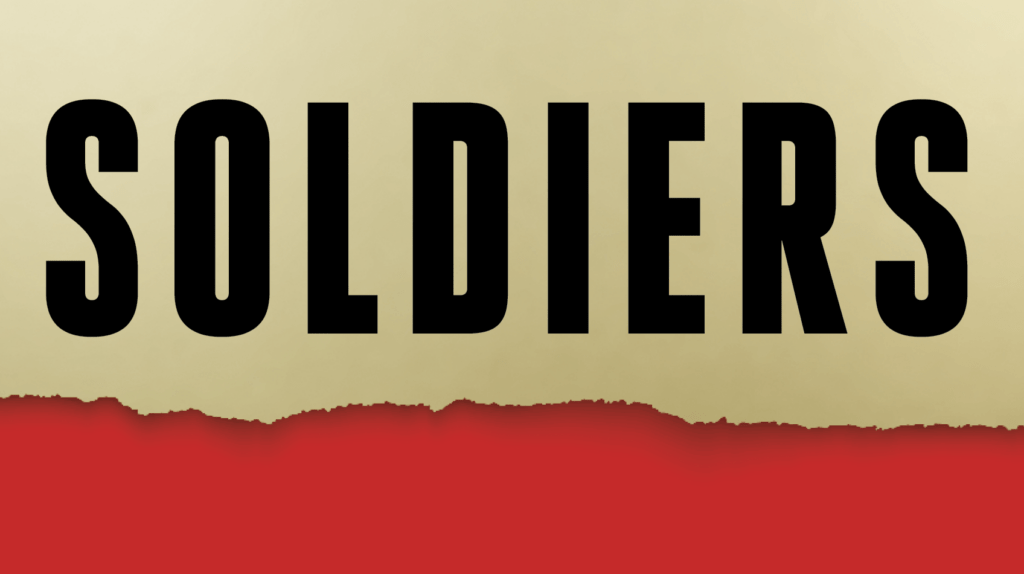A decade ago, a publisher produced a set of short biographies of Britain’s 20th century prime ministers, which I reviewed unenthusiastically.
My wife reproved me: ‘what did you do that for ? For a fee of a few hundred pounds, you have made a dozen entirely gratuitous new enemies. If you don’t have something good to say about books, don’t write about them’.
Honest reviewing would grind to a halt, if all its practitioners deferred to her advice. She was nonetheless correct, that victims of an unfavourable notice seldom forget or forgive. As authors, we commit our souls as well as our bodies. Memories of the most flattering reviews of my own books fade within hours. Yet wounds from the stinkers fester for years. American academics are especially generous heapers of camel dung upon titles that fail to satisfy them.
In reflective moments on the bus one asks oneself what on earth provoked the animosity of this or that critic, being reluctant to acknowledge the possibility that maybe one’s book was simply not good enough. Fellow-authors presumably muse likewise about me, as a reviewer, when tables are turned.
On becoming editor of The Daily Telegraph back in 1986, I found myself obliged to part with many of its staff, including the paper’s elderly air correspondent. Seven years earlier, he had penned a withering notice of my first big book, about the RAF’s bomber offensive in World War II. This did not influence the decision to dispense with his services, but I should not be surprised if he supposed that it did.
Authors who know how modest are the places that we occupy on the foothills of Parnassus, which means most of us, draw solace from knowledge that more important folk have exposed the same sensitivity, Keats and Tennyson to name but two. Thackeray complained that notices of Esmond ‘absolutely stopped the sale of the book’. Dickens castigated reviewers as ‘rotten creatures with men’s forms and devils’ hearts’, who ‘discharge their pigmy arrows’ at vastly greater talents than their own.
Trollope observed that a reviewer was ‘not infrequently a young man making his first literary attempts, with tastes and judgements still unfixed’. Nonetheless the novelist resignedly conceded, ‘though he may not be the best possible guide to undiscerning readers, he will be better than no guide at all’. In other words, as most writers through the ages have agreed: better to be reviewed unfavourably than not at all.
While a few career literary critics survive today, it is doubtful that any views their task as loftily as did Virginia Woolf. In her splendid 1939 essay Reviewing, she wrote that she considered a painstaking exploration of peer works indispensable to the evolution of her own craft as a novelist. She compared the critic’s relationship to a noticed writer with that of doctor and patient. Harold Nicolson likewise observed that he perceived a book’s author as target audience of a review, though he hoped that ‘from such a dialogue the ordinary reader will derive some information’.
Both deplored the diminishing space accorded to books in the publications to which they contributed, together with the quickening tempo at which they were expected to perform: Nicolson spoke somewhat pompously of himself as ‘hampered by the hebdomodal nature of his task’.
My own grandfather, R.A.Scott-James, spent most of his career as a literary critic. He succeeded J.C.Squire as editor of the London Mercury, and presided over the periodical’s closure in 1939. He would not have regarded jobbing reviewing of the sort that I myself practise as having much, if anything, to do with his own quest for intellectual profundity, and I fear he might be right.
Why do we do it ? The financial rewards are modest, the labour- not of writing the pieces, but of reading the books- considerable. Often, as I assume to be the case with most of my comrades in crime, I undertake or even solicit a commission because I want to read a title within my professional compass- modern history, mostly of warfare- and to offer an opinion on it.
The commissions we regret require reading books of which one discovers the demerits only eighty pages into their five or six hundred. We are all familiar with a class of authors identified by Trollope. In The Way We Live Now, he described Lady Carbury, an ageing beauty who turned out potboilers about royals. She had no ambition to write good books, said her creator, but instead merely a yearning to produce works that critics could be caressed into saying were good. Carburys of both sexes still host some of London’s loucher little publication parties.
Good literary editors seek to prevent log-rolling by writers who review to serve the interests of friends, sometimes on a reciprocal basis spotted by Private Eye. Trollope took a high line about this: ‘It may be laid down as a golden rule in literature that there should be no intercourse at all between an author and his critic’. Such an exalted ethical standard is easier to attain in the US than in Britain, a small pond in which almost everybody working in a given field knows each other at least well enough to meet at book parties.
Moreover, denying a reviewing licence to those personally familiar with the author can be counter-productive. So long as a critic has sufficient integrity to refrain from spuriously booming friends’ books, newspaper readers profit from notices of non-fiction works written by those familiar with their themes.
Contrarily, critics’ ignorance is often exposed by reviews that applaud the novelty of a book’s content or conclusions, when cognoscenti recognise either that the material is old hat, or that key assertions are unsustainable.
Every week we read news items announcing ‘revelations’ in new history books, which are in truth nothing of the sort except in the claims of publishers’ handouts. Yet as I get older, I see a case for recognising that material about- for instance- the two world wars which is familiar to me comes fresh to a new generation, and thus should be treated indulgently.
Similarly, some of us deplore the practice of pouncing upon every identified slip, to show off the reviewer’s own cleverness. The adult approach, I suggest, is to trumpet mistakes only when these are so frequent, so egregious, as to discredit the whole work. I myself have never published a book without a string of errors in the first print, and I doubt whether many of my fellow-historians do better.
As a reviewer, I perceive my first duty as being to inform the reader what a book is about. Virginia Woolf disdained synopsising, and would almost certainly dismiss me as one of the ‘gutters and stampers’ whom she despised. Yet while her argument may be valid where fiction is concerned, summaries of the theses of biographies and histories seem indispensable.
Yet it is astonishing how often this is not attempted. Instead of addressing the work displayed on bookstalls, more than a few critics review a fantasy book they themselves would have written on the same subject. They deplore failure to discuss issues and to include material which the author has chosen to eschew. Here again, the reviewer’s vanity is on display.
Meanwhile in consequence of the shrivelling of newspaper budgets book reviewing, never highly paid, is now poorly so. It is asking a lot of a youngish journalist to read conscientiously and comment intelligently upon a big non-fiction book, for a fee of £150 or £300.
One should not idealise the past in this respect. ‘Real substantial criticism must from its nature be costly’, wrote Trollope, ‘and that which the public wants should at any rate be cheap … Critical advice, for the price we pay, is not attainable’. Auberon Waugh, a prolific reviewer 30 years ago, liked to boast that he never spent more than three hours on reading and writing about any title, however deserving.
In my eyes as a reader, the most maddening deficiency in a review is failure flatly to state whether a book is, or is not, worth buying. Often evasiveness is driven by a reviewer’s instinct for self-preservation, in the relatively small pond of London literary life. In my own case I am also conscious of being a successful author. I am thus reluctant to be seen to judge too harshly younger and less well-rewarded colleagues.
When a review appears to reflect malice, as distinct from judicious strictures, it is striking how often its writer proves to hold tenure at some centre of learning. More a few academics delight in springing mantraps on trespassers intruding upon their own chosen turf. Journalists such as myself may be envious of academics’ scholarly respectability, but more than a few dons resent our sales, and sometimes also our superior command of comprehensible English.
The most savage review I have received since my first book was published in 1969, was written a few years ago by an American specialist writer on intelligence. Bloodied, I asked a fellow-historian what the writer might have against me. He responded succinctly: ‘you’ve stepped on his patch. He wants to make sure that you never do so again’.
Meanwhile a well-known popular historian once told a literary editor without embarrassment that he never troubles to review a book unless its author has either been useful to himself in the past, or is likely to be so in the future. The editor in the case told me that she was disarmed by the man’s frankness. Nonetheless it caused my wife, listening to this conversation, to observe in disgust: ‘reviewing is not an honest trade’.
She overstates the case. After long experience on both sides of the business, I believe that most of us do our best to discuss responsibly the books about which we write. And while I do not always appreciate being reviewed, I thoroughly enjoy reviewing, which enables me to earn a little money for reading books that mostly give pleasure.
I quite often recuse myself from reviewing a book either written by an author whom I do not admire, or which propounds a thesis that seems twaddle. As my wife observes, I have enough enemies already, without wantonly adding to the stock.
I recall with mild embarrassment critical pieces written in my youth, when my ignorance was of the kind wearily observed by Trollope, and my principal merit to a commissioning editor was that I came cheap, a paltry fee being enhanced by access to a stack of books to sell for half-price at the Fleet Street emporium of Gaston, for years banker to literary London. Nowadays, alas, the only profitable destination for unwanted titles is the woodburner.
Originally published in The Spectator on 26th December 2018



